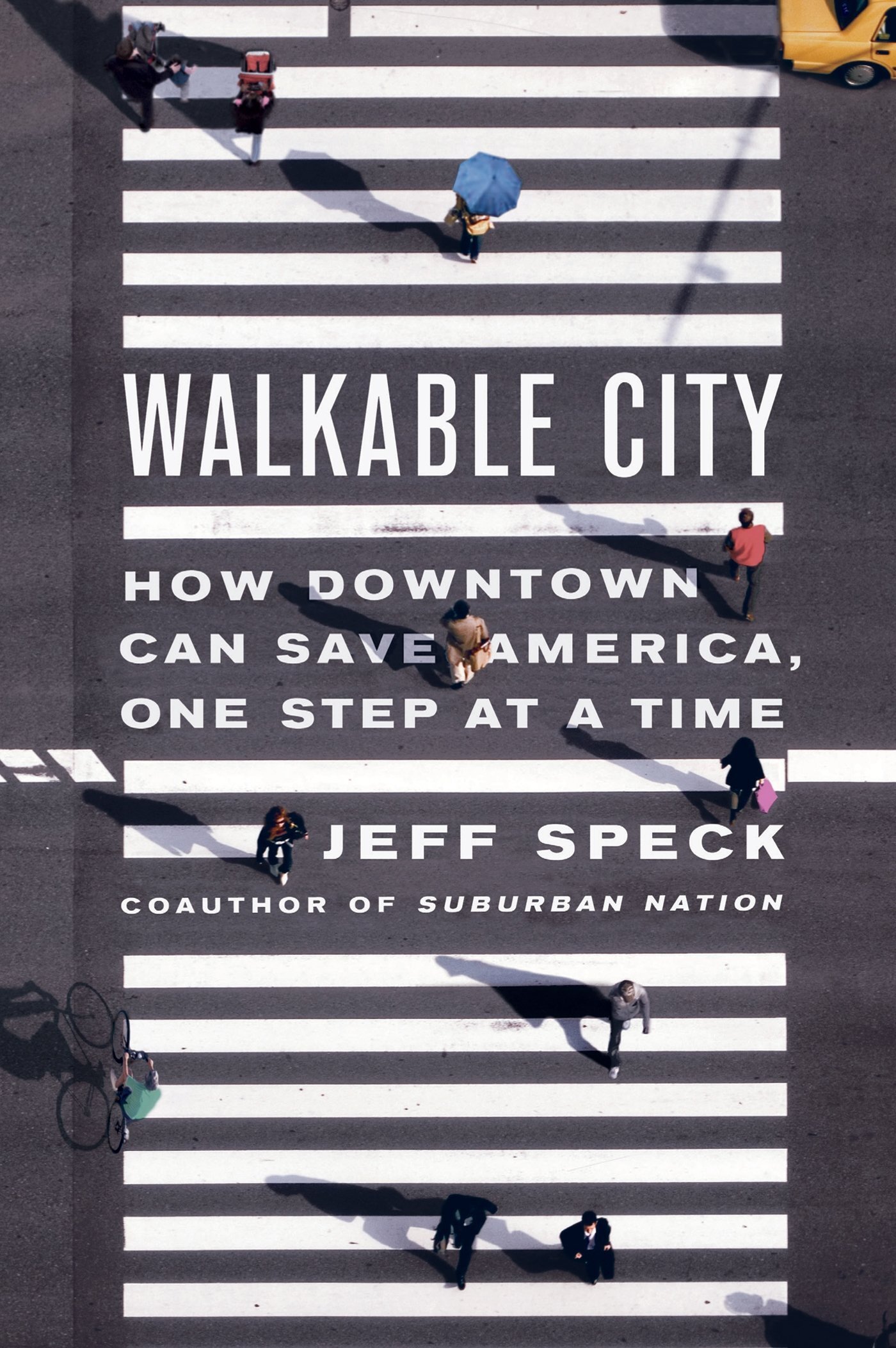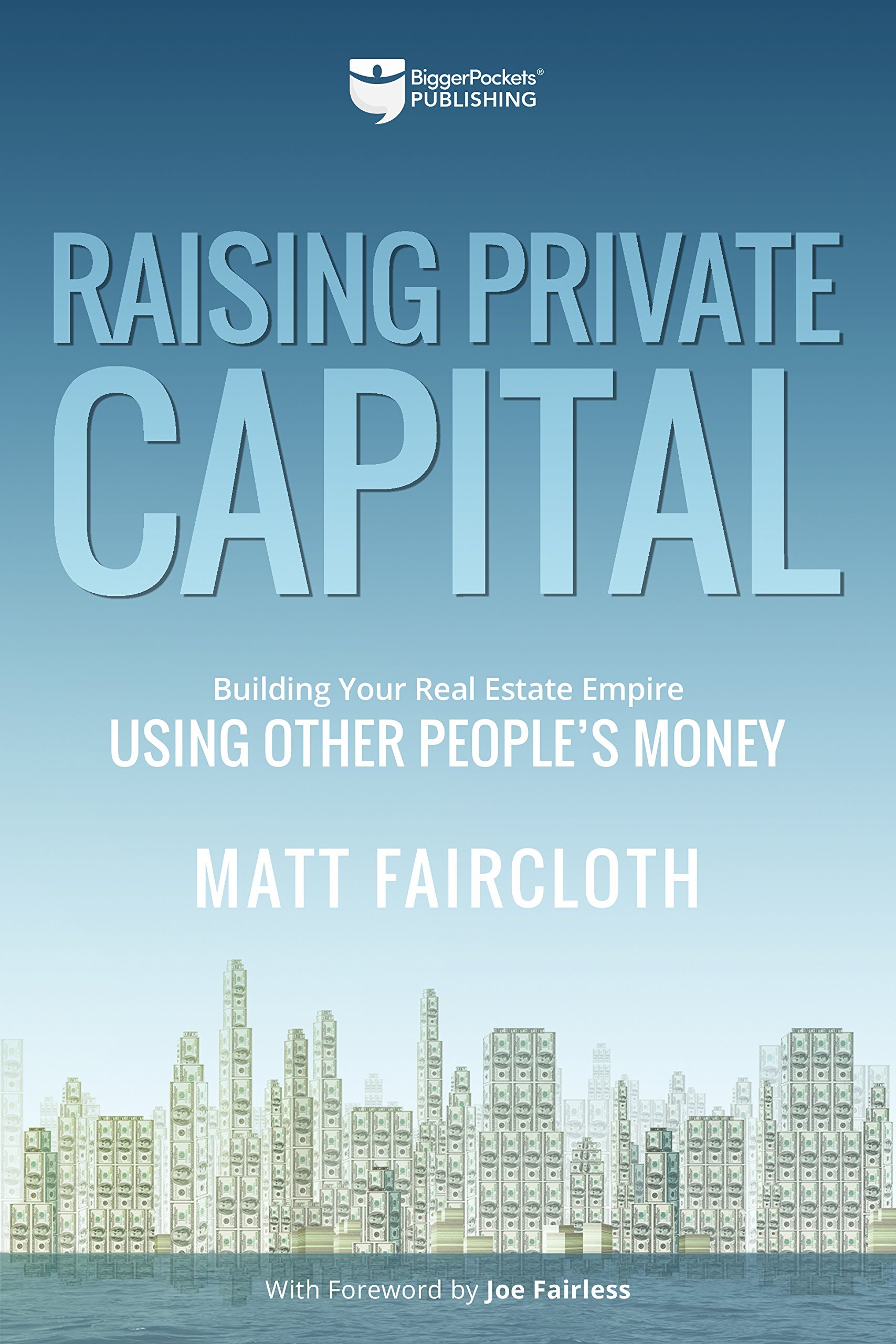the best commercial real estate books for investors
Whether you’re a seasoned commercial real estate investor or looking to jump into the investing game, reading books on commercial real estate is one of the best ways to educate yourself on the industry.
When I first started my career, I read every commercial real estate book I could get my hands on.
I’ve been asked time and time again to put together a list on my favorite commercial real estate books, so that’s exactly what I’ve done.
These books are full of knowledge from seasoned commercial real estate professionals: brokers, investors, syndicators, and developers. Not only will you learn how to invest in real estate, you’ll also learn what not to do, which is often just as important.
So, if you’re looking to further your knowledge on the industry, here are the 10 books you need to read on commercial real estate investing:
Crushing It in Apartments and Commercial Real Estate: How a Small Investor Can Make It Big
by brian murray
Brian Murray put together an excellent beginner’s guide to investing in commercial real estate with his book, Crushing It In Apartments and Commercial Real Estate. He was not an industry professional when he got his start - he started investing in commercial real estate as a means to make extra income.
This book is one of the first that I recommend to anyone first starting their career in commercial real estate investing because Murray gives actionable advice. You’ll learn how to find commercial properties, get a basic understanding of financing your deal, and how to slowly grow as a one-man investment shop.
2. how to Succeed in Commercial Real Estate
by john l. bowman
How to Succeed in Commercial Real Estate was the first commercial real estate book I read when I got my start as a broker and it gave me an excellent understanding of the ins and outs of commercial real estate brokerage. Bowman’s book covers leasing and selling commercial property, how to handle negotiations, and gives a broad overview of the different types of commercial real estate.
While commercial real estate brokerage is not going to be the path for most commercial real estate investors, having enough knowledge on how brokerage is conducted will help you better manage your leasing, acquisition, and disposition teams. This book gives you a solid understanding of commercial contracts, dealing with commercial brokers, the different types of lease structures, and even gets into the more technical knowledge from appraisal to zoning.
3. The Book on Rental Property Investing: How to Create Wealth and Passive Income Through Intelligent Buy & Hold Real Estate Investing!
by brandon turner
BiggerPockets is probably the largest resource out there for (mostly residential) real estate investors. And while it is largely targeted towards residential real estate investors, many of the principals Turner discusses throughout his book can be applied to commercial real estate investing.
In The Book on Rental Property Investing, you’ll learn practical action-steps to begin building cash flow and passive income through real estate investing. Turner takes you through how he finds and analyzes deals, how you can build a team to help you find and buy more properties, and he even covers tax strategy to protect your wealth.
4. Best Ever Apartment Syndication Book
by joe fairless & theo hicks
I originally found Joe Fairless and Theo Hicks on their podcast, Best Real Estate Investing Advice Ever Show. They’re advocates for multifamily syndication: putting together capital from private investors in order to take down larger apartment complexes than you could on your own.
In Best Ever Apartment Syndication Book, the duo gives advice on how to find apartment deals, raise capital, and execute a successful operation plan for multifamily real estate investments. Their step-by-step guide is excellent for not just the seasoned commercial real estate investors, but also newcomers. Fairless grew from a $30,000 per year income, which many beginner real estate investors can easily relate to, to controlling over $572,000,000 worth of multifamily real estate.
5. The How to Add Value Handbook for Commercial Real Estate: Generate More Income from Your Investment Property
by brian hennessey
Value-add is one of the most popular strategies of commercial real investing and Brian Hennessey takes you through many different ways to update your investment and improve cash flows.
In this handbook for commercial real estate, you’ll learn how to price your investment property rentals, attract more high-quality tenants, interview and hire property managers and leasing agents, and how to structure your lease rates. One of my favorite aspects of Hennessey’s book is that he provides sample letters of intent, lease forms, and tenant applications.
If you’re looking for a guide to increasing your property’s value, this is the commercial real estate book for you.
6. The Millionaire Real Estate Investor
by Gary Keller with dave jenks and jay papasan
Gary Keller, founder of Keller Williams, is now a billionaire real estate investor. Keller and his co-authors do a phenomenal job of covering the basic models of investing in commercial real estate.
Mindset is of massive importance when it comes to building your real estate empire - not only do you need to believe you can do it, you need to think bigger. In addition to setting the proper mindset, The Millionaire Real Estate Investor covers how to create your own personal investment criteria, which aspects of a deal you should narrow in on, and how to build the best team you possibly can to help make this dream possible.
The authors actually interviewed a number of millionaire real estate investors and provide you with the strategies they used to achieve their wealth in real estate.
7. Walkable City: How Downtown Can Save America, One Step at a Time
by jeff speck
While not directly a book on real estate investing, Walkable City is my favorite commercial real estate book, hands down.
Author Jeff Speck is a city planner who has studied the importance of smart growth and sustainable design within cities. In fact, these are the factors that determine whether a city will thrive or die.
Speck’s number one factor to the sustainability of a city is its walkability. Walkability makes urban areas more desirable to live and viable communities for businesses to fluorish. Take a journey through urban planning and design as Speck share’s his inspiring vision for how downtown living can save not only our country, but our entire planet.
8. What Every Real Estate Investor Needs to Know About Cash Flow... And 36 Other Key Financial Measures
by frank gallinelli
Cash flow is king in real estate and Frank Gallinelli gives you the guide on everything you need to know about building up that passive income. What Every Real Estate Investor Needs to Know About Cash Flow teaches you how to crunch numbers and underwrite deals so you can determine a property’s value and whether or not the deal makes sense for you and your investment criteria.
This book is full of case studies on real estate investments and dives further into the technical side of real estate investing than most of the other commercial real estate books do. You’ll learn the mathematics of running these deals, including Discounted Cash Flow Rates, Net Present Values, Cap Rates, IRRs, and how to calculate your cash on cash returns.
9. The Real Estate Game: The Intelligent Guide to Decision Making and Investment
by william j. poorvu with jeffrey l. cruikshank
Of all of the commercial real estate books on this list, The Real Estate Game may be the most comprehensive guide to investing in real estate. William Poorvu is a professor at Harvard Business School where he serves as Adjunct Professor in Entrepreneurship, Emeritus.
Poorvu describes how people, property, capital markets, and the external environment influence and shape and real estate deals, all while comparing investing to a game. One of my key takeaways from this book is the “back-of-the-envelope” technique Poorvu shares for analyzing the financials of a deal.
10. Raising Private Capital: Building Your Real Estate Empire Using Other People's Money
by Matt faircloth
If you’re looking to take your real estate investing game to the next level, you’ll likely to need to raise capital. Matt Faircloth’s Raising Private Capital gives you a roadmap for doing just that.
You’ll learn how to find individuals that are looking to place capital into deals and build your empire without draining your bank account. Sure, raising capital for your investments means you won’t own as much of the deal, but wouldn’t you rather have 10% of ten deals rather than 100% of one?
In this book, you’re given a detailed strategy on how to go about acquiring, securing, and protecting private money for your projects. In addition, you’ll learn how to structure your deals with debt and equity so that you attract high-quality investors.
Can you think of another title that should be on our commercial real estate book list? Leave a comment below!
Share This Article:
About the author:
Tyler Cauble, Founder & President of The Cauble Group, is a commercial real estate broker and investor based in East Nashville. He’s the best selling author of Open for Business: The Insider’s Guide to Leasing Commercial Real Estate and has focused his career on serving commercial real estate investors as a board member for the Real Estate Investors of Nashville. Learn more at www.TylerCauble.com






















Recessions expose the strengths and weaknesses of every investment portfolio—but in commercial real estate, some asset classes consistently rise above the volatility. While economic downturns often lead to higher vacancies, tighter lending conditions, and declining property values, not all sectors are equally vulnerable. In fact, a select group of asset classes tend to outperform, offering dependable cash flow and tenant stability even in uncertain times.
These recession-resistant properties share a few key traits: they serve essential needs, attract long-term tenants, and demonstrate historically low vacancy rates regardless of economic conditions. Whether you’re a seasoned investor rebalancing your portfolio or a new buyer looking for durable assets, understanding where to deploy capital in a recession is critical.
In this post, we’ll break down the top three commercial real estate sectors that offer resilience during downturns—industrial real estate, medical office buildings, and necessity-based retail. Each has its own strengths, challenges, and long-term outlook—but together, they represent a strong foundation for any investor looking to build a portfolio that can weather the next economic storm.
Let’s dive in.